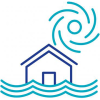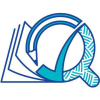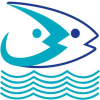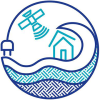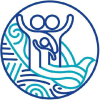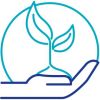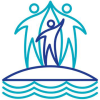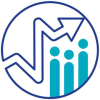Get to know » Students » Self-reflections:
Student attitudes
Attitudes to school and to certain subjects can shape students’ interactions as they progress through their education. For this reason, it was important to collect information about students' attitudes to learning. The PILNA programme took an approach that incorporated students’ opinions to school overall and to each of the three cognitive domains covered by PILNA: reading, writing and numeracy.
Students were provided with a list of statements (such as “I enjoy going to school”) and asked to rate how much they agreed with each statement. Students could respond with ‘Agree a lot’, ‘Agree’, ‘Disagree’, or ‘Disagree a lot’. The statements covered:
- whether students enjoyed the activity;
- whether students did the activity in their own time;
- whether students thought it was important to be good at the activity;
- whether students found the activity easy; and
- whether students thought they did well in the activity.
Additionally, students were asked whether they thought it was important to go to school, if they felt safe at school, and if they felt like they belonged at school.
Student attitudes to subjects and school
Most students in Tokelau, both year four and year six, reported agreement with all the attitude statements (‘Agree a lot’ or ‘Agree’) about the cognitive domains and school. This shows overall positive attitudes to reading, writing, mathematics and school.
On average, more than 90% of students in Tokelau reported that they enjoyed going to school (year four, 94%; year six, 97%) and felt that it was important to do so (year four, 97%; year six, 97%). Additionally, about nine out of ten students reported that they felt safe at school (year four, 90%; year six, 87%) and safe travelling to school (year four, 90%; year six, 93%). Most year four and year six students in Tokelau enjoy schooling, value schooling, and feel safe at school and travelling to school.
When it came to literacy, about nine out of ten students reported that they enjoyed reading (year four, 93%; year six, 97%) and writing (year four, 84%; year six, 96%). Most students reported that they found reading easy (year four, 86%; year six, 61%) and found writing easy (year four, 90%; year six, 68%), but the proportions were much lower at the year six level than the year four level.
Attitudes to mathematics were slightly lower than for reading and writing. At the year four level, 84% of students agreed that they found mathematics easy and 87% agreed that they did well in mathematics. At the year six level, 75% of students agreed that they found mathematics easy and 86% agreed that they did well in mathematics.
The full breakdown of these results can be seen in Table STT1.5.
What does this mean?
The findings from this PILNA cycle show that a high proportion of students in Tokelau in both year levels, are enjoying reading, writing, and mathematics and identify them as being important. However, fewer year six students had positive attitudes than year four students in several areas; crucially, finding a subject easy and reporting they do well in the subject. Fewer year six students appear to be confident in their abilities than are year four students.
